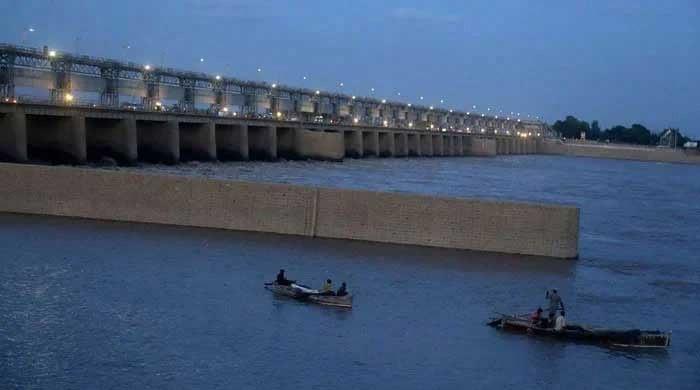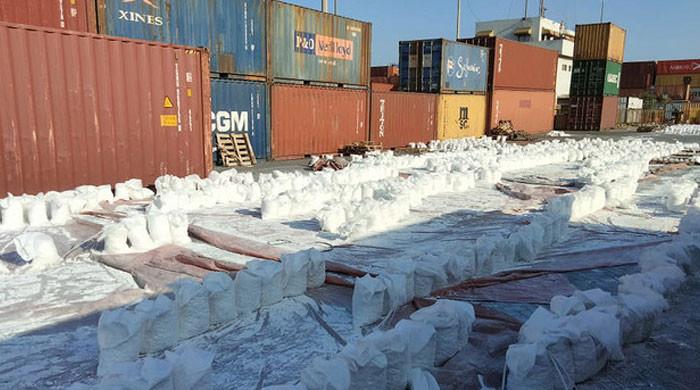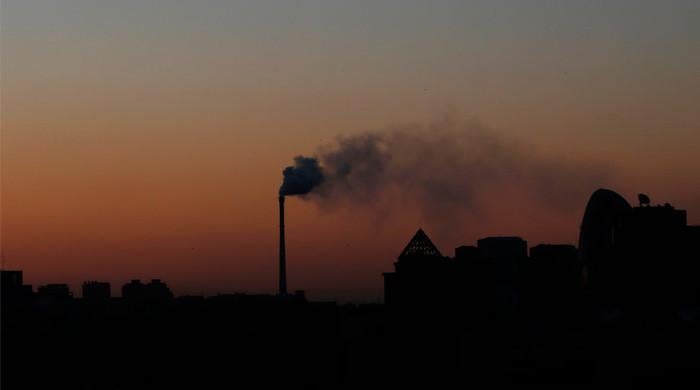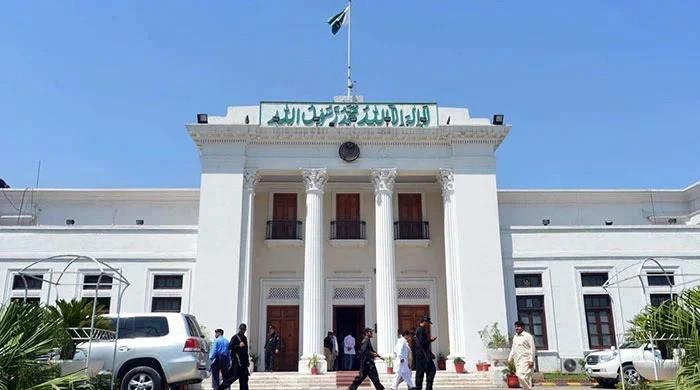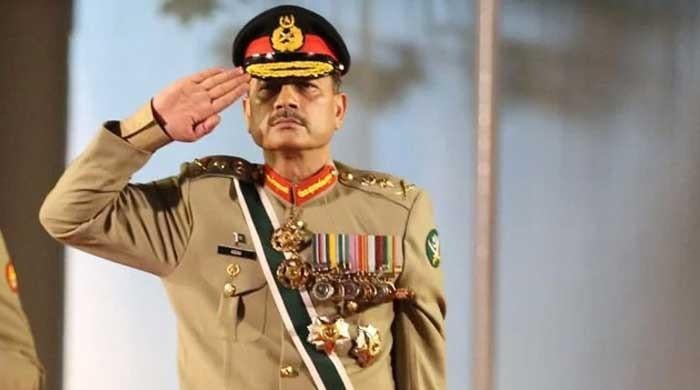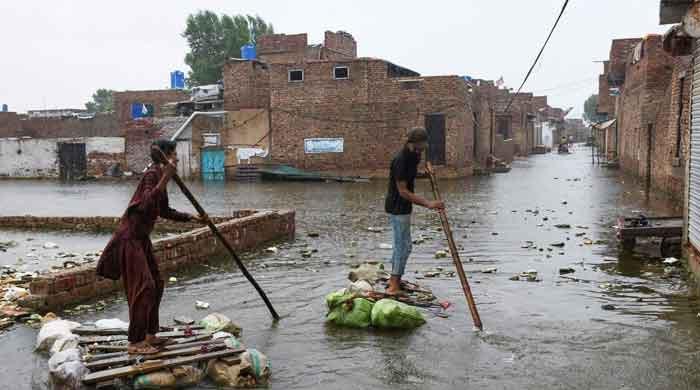Budget 2022-23: Who gained and who lost?
Inflation will be hard to control and once again, this will badly hit the consumer
June 11, 2022
The budget for 2022-23 was being anticipated with dread for some weeks.
With a record current account deficit, a currency that appeared to be in freefall, and worst of all, spiraling inflation, all eyes were on the government to see how they plan to proceed in one of the worst periods in Pakistan’s economic history.
The priorities of the federal government have been articulated in this year’s budget documents, and are quite varied, ranging from controlling the fiscal deficit - no surprises there given the urgency of returning to the International Monetary Fund (IMF) program - to boosting production in agriculture and industry, and banning luxury imports.
Some of the stated priorities don’t mesh with what has been articulated as the budget strategy, which is that “budget 2022-23 is a growth budget.”
If stabilizing the external account and controlling the fiscal deficit are key priorities, then pushing for expenditure-led GDP growth is not wise, and will be unsustainable.
The stated priorities and objectives are one part of the budget, but what do the figures say?
After record-breaking tax collection of over Rs5 trillion, the government wants to further push tax collection up to Rs7 trillion in the coming year. With just over 2.8 million persons actually filing tax returns last year, a sizable proportion of which are either zero tax or small amounts (of less than Rs100,000), it’s clear that the government is mainly reliant on indirect taxes, particularly sales tax to fill the coffers.
The projected increase in sales tax collection over the next year, compared to 2021-22 is thus almost 23% (from Rs2.5 trillion to Rs3 trillion), while the projected increase in income tax collection is 17% (from Rs2.1 trillion to Rs2.5 trillion).
Taxes on banking transactions, cigarettes, the edible oil industry and the steel industry have all been increased. Of these, higher taxes on edible oil will hit the poor and middle class, but according to the government, the tax is supposed to discourage edible oil imports and encourage domestic production. This strategy (of import substitution) is unlikely to work in the short run, so consumers can expect to pay more for yet another essential grocery item.
The mobile handset levy is very much there and is expected to fetch Rs10 billion in the coming year as compared to Rs8 billion last year.
Subsidies on petroleum products were to be reduced anyway (as per the agreement with the IMF), but the petroleum levy is making a comeback, with the government hoping to earn Rs750 billion from this head in 2022-23.
In short, expect another few rises in petroleum prices soon.
Debt payments are set to soar in the coming year –the markup on domestic and foreign debt is budgeted at around Rs4 trillion in total, almost half of the total current expenditure of Rs8.7 trillion. Debt servicing for domestic debt is expected to be a substantial 24% higher than the previous fiscal year, having increased from Rs2.7 trillion to Rs3.4 trillion.
Foreign debt repayments are expected to increase by 68% in rupee terms – from Rs302 billion to Rs511 billion (or from about $1.5 billion to $2 billion). No other budget head comes close to this chunk of expenditure – defence expenditure is the second largest line item but at Rs1.5 trillion it's less than half of domestic debt servicing alone.
With both debt servicing and defence being more or less immutable, the government has resorted to slashing the development budget to control expenditure. The federal Public Sector Development Program (PSDP) has been reduced from the Rs900 billion budgeted in 2021-22 to Rs727 billion in the coming fiscal year.
So who gains and who loses?
The average consumer will be badly affected by the petroleum levy. The removal of subsidies on petroleum was inevitable and was also the right thing to do, but re-imposing the petroleum levy at a time when international prices have to be passed through to consumers is not a great idea. Unless international prices fall, the government should avoid using petrol as a source of revenue.
Inflation will be hard to control and once again, this will badly hit the consumer. The government is projecting inflation at 11%. This is highly unrealistic. One should think closer to 20% if there is no further hike in international oil prices.
Cuts in the development budget were expected, and make sense at this point.
One hopes that this reduced budget will be utilized to complete existing schemes and not to start new ones. Having said that, cuts in public investment in a country like Pakistan, where government spending opens the way for the private sector to save and invest, have long-term implications.
Pakistan needs more and better public services and infrastructure and cannot build a base for future development without this. At the same time, development expenditure cannot be a priority when debt servicing amounts to almost the entire value of taxes collected.
This is clearly a crisis budget.
The government is desperately trying to keep debt repayments going and the external account afloat, while leaving social sector infrastructure for another day. At the moment, there seems to be no other choice.
Unfortunately, ordinary Pakistanis will pay a heavy price if this fire-fighting mode continues for more than a year or so.
Aftab is the Executive Director, Verso Consulting, Islamabad.




